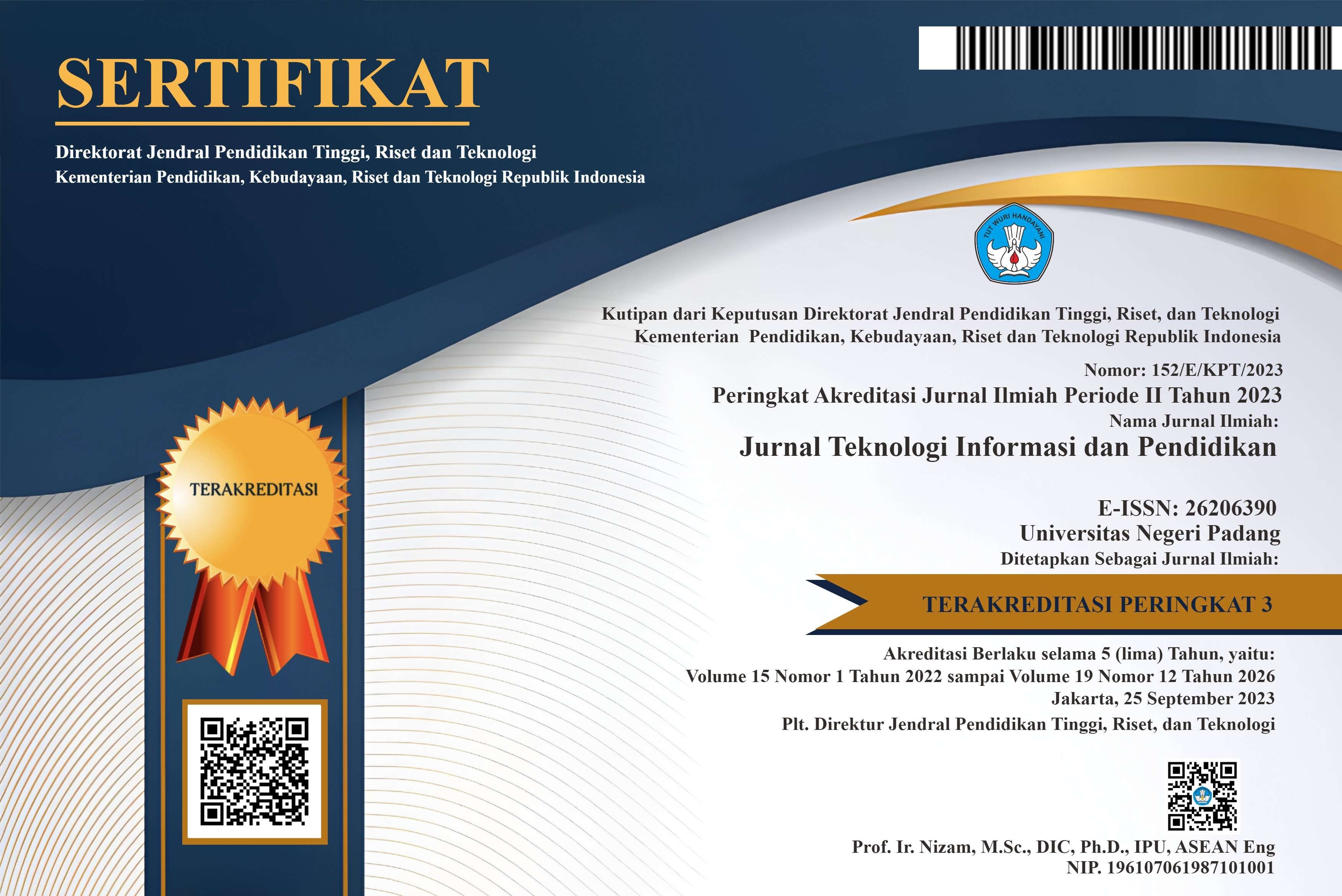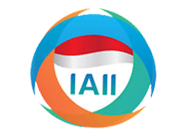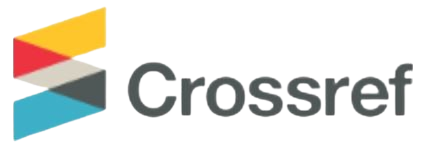Development of Android-Based Learning Media on Workshop Working Lessons and Engineering Images
DOI:
https://doi.org/10.24036/jtip.v14i2.463Keywords:
Android-based Learning Media, Desigh and Development (D&D), Workshop Work and Technical Drawing.Abstract
This study aims to design android-based learning media using the Mit App Inventor Web application in workshop work subjects and engineering drawings for class X industrial electronics engineering at SMA Negeri 1 West Sumatra. This type of research is using the Richey and Klein method which is the development of Desigh and Development (D&D). Richey and Klein stated a focus on design, production, and evaluation. The types of data in this study are quantitative data and qualitative data. The research instrument in the form of a questionnaire used to obtain data regarding the level of feasibility and practicality of learning media. This questionnaire was filled with two material experts, two media experts, and students' responses on a limited test basis. The results of this study are an assessment & user of the feasibility of learning media according to the two material experts using homogeneous 95.45% media experts using homogeneous 86.15% category "Very Valid". Evaluation and users according to students' responses in a limited test using homogeneity are 86.27% of the "Very Practical" category.
References
O. Hamalik, “Curriculum and learning,” Jakarta Earth Scr., 2011.
N. Chaiyama, “The development of blended leaning model by using active learning activity to develop learning skills in 21st century,” Int. J. Inf. Educ. Technol., 2019.
B. Azhari and I. Fajri, “Distance learning during the COVID-19 pandemic: School closure in Indonesia,” Int. J. Math. Educ. Sci. Technol., 2021.
E. Seralidou and C. Douligeris, “Learning with the AppInventor programming software through the use of structured educational scenarios in secondary education in Greece,” Educ. Inf. Technol., 2019.
M. Jaakkola, “Journalists as Media Educators: Journalistic Media Education as Inclusive Boundary Work,” Journal. Pract., 2020.
W. B. Rahmantiwi, “Pengembangan Bahan Ajar Matematika Berbentuk Modul pada Materi Himpunan dengan Pendekatan Pendidikan Matematika Realistik Indonesia (PMRI) untuk Meningkatkan Hasil Belajar Siswa SMP Kelas VII Semester Genap,” Univ. Negeri Yogyakarta, 2012.
Sugiyono, Metodologi Penelitian Kuantitatif, Kualitatif, dan R&D. 2016.
D. A. Thomas, M. Nedeva, M. M. Tirado, and M. Jacob, “Changing research on research evaluation: A critical literature review to revisit the agenda,” Research Evaluation. 2020.
S. B. Mir and G. F. Llueca, “Introduction to Programming Using Mobile Phones and MIT App Inventor,” Rev. Iberoam. Tecnol. del Aprendiz., 2020.
F. Ranuharja, B. R. Fajri, and A. D. Samala, “SISTEM PELAYANAN BANTUAN MENTOR BIMBINGAN BELAJAR (BAMBIMBEL) BERBASIS WEB,” J. Teknol. Inf. dan Pendidik., 2020.
G. Ganefri, B. R. Fajri, F. Ranuharja, F. Prasetya, R. Fadillah, and F. Firdaus, “MINI SERVER LENTERA SEBAGAI ALTERNATIF PEMBELAJARAN DIGITAL DI DAERAH 3T,” J. Teknol. Inf. dan Pendidik., 2019.
D. Yadewani and R. Wijaya, “PENGARUH E-COMMERCE TERHADAP MINAT BERWIRAUSAHA (Studi Kasus : AMIK Jayanusa Padang),” J. Benefita, 2017.
F. Fauzan and F. Arifin, “The Effectiveness of Google Classroom Media on the Students’ Learning Outcomes of Madrasah Ibtidaiyah Teacher Education Department,” Al Ibtida J. Pendidik. Guru MI, 2019.
F. (Universitas N. P. Ranuharja, “PENGEMBANGAN MODUL BERBASIS WEB JAVA PADA MATA KULIAH ANALISIS PERANCANGAN SISTEM INFORMASI PROGRAM STUDI S1 SISTEM INFORMASI UPI YPTK PADANG,” Universitas Negeri Padang, 2016.
A. H. Fatah, N. B. Asi, M. E. Anggraeni, A. Wulandari, and A. Latif, “Pengembangan Media Pembelajaran Kimia Dasar Berbasis Web Pada Pokok Bahasan Termokimia,” J. Ilm. Kanderang Tingang, 2021.















.png)














